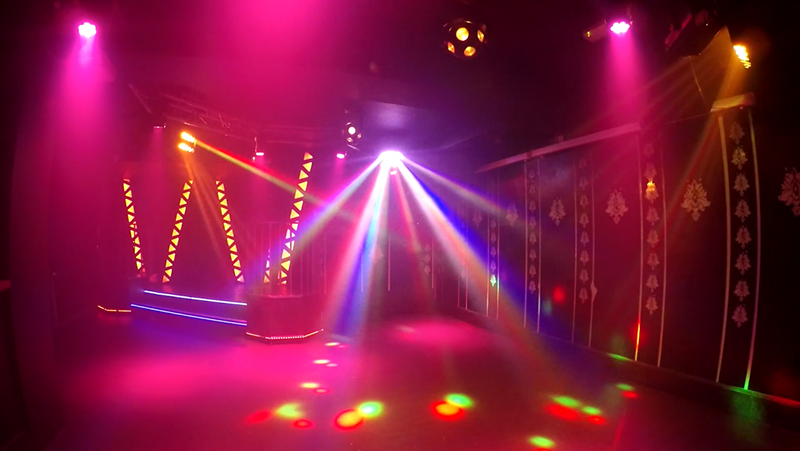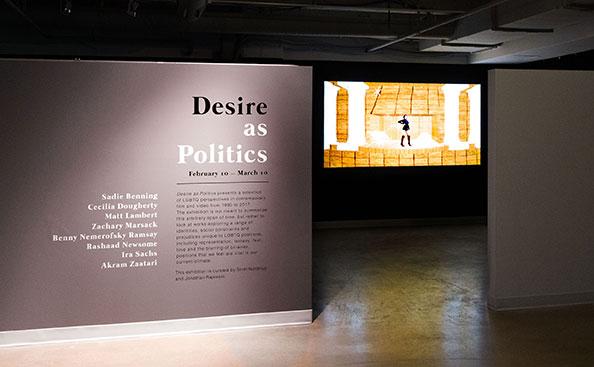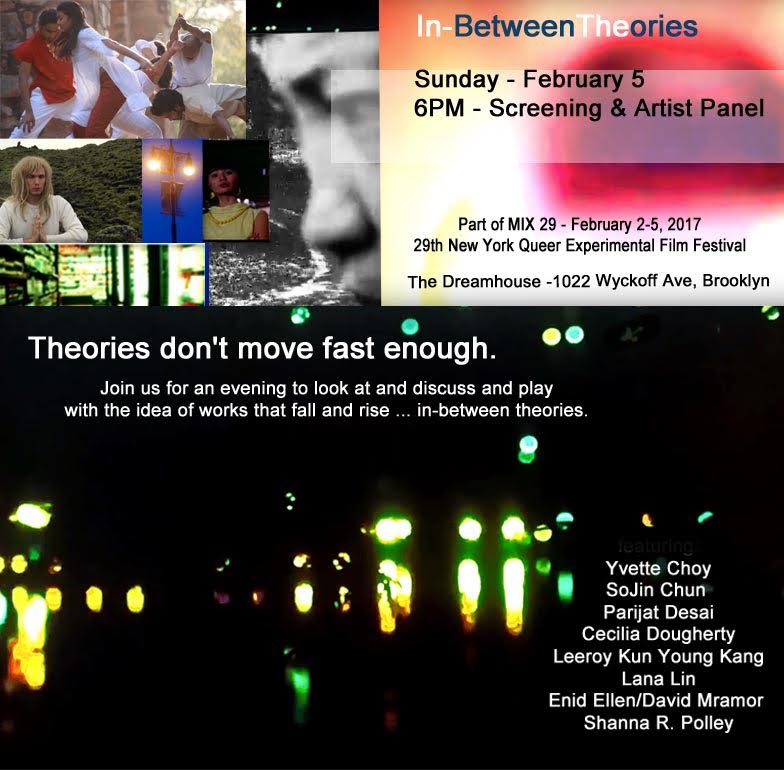I want to thank Gina Marchetti for organizing this event, and Amanda Mendelsohn for her amazing work, for writing about my videos, and for doing this event with me.
We had a really good time! Thanks to everyone who came and who participated.
This event has been recorded! Here’s a link to the event:
https://talks.pratt.edu/media/t/1_641c9hqs/269360392

| PRATT HUMANITIES AND MEDIA STUDIES PRESENTS |
| Click to Register: |
 |
| The work of artist Cecilia Dougherty explores the nature of queer women’s relationships to one another, society, and the everyday, as well as a feminist analysis of lesbian sexuality, psychologies, and intimacies inside a culture that is, at best, indifferent and at worst, hostile. She often uses methodologies borrowed from documentary and biography to map contemporary realities over pop-historical icons, creating art that deals with nostalgia, popular culture, and the state of society. Looking to Dougherty’s lasting legacy, we are pleased to present the lecture “Make Believe, It’s Just like the Truth Clings to It”: In Conversation with the Work of Cecilia Dougherty given by Amanda Mendelsohn, Graduate Distribution Assistant at the Video Data Bank, and School of the Art Institute of Chicago M.A. candidate in Modern and Contemporary Art History. Exploring the earlier video works of Dougherty, this talk will address issues of identity, queerness, and experimentation. The four titles discussed, The Drama of the Gifted Child, My Failure to Assimilate, The dream and the waking, and Gone, range from 1992 to 2001, illuminating a specific time period of Dougherty’s work. Based on their VDBTV essay in part drawn from their interview with Dougherty, Mendelsohn explores their relationship to Dougherty’s experimental practice and catalog, as well as how the pieces fit into the broader picture of analysis. The lecture will be followed by an interview between Mendelsohn and Dougherty, then followed by an audience Q&A session. “Make Believe, It’s Just like the Truth Clings to It”: In Conversation with the Work of Cecilia DoughertyMonday, February 27, 2023, 7:00pm (EST) |








